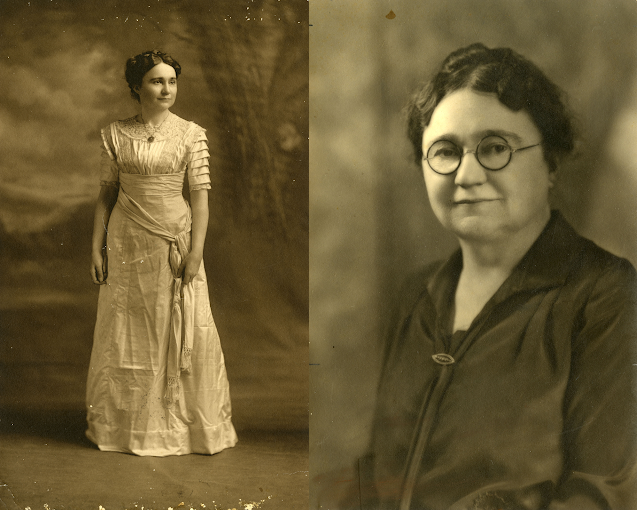Are you afraid of Friday the 13th? Don’t worry! You are not alone.
According to the Stress Management Center and Phobia Institute in Asheville, N.C., as many as 21 million people in the U.S. are fearful of the date, resulting in about $800 million to $900 million lost in business every Friday the 13th.
The origin of paraskevidekatriaphobia, or fear of Friday the 13th, lies with a book.
“Putting together Friday with the number 13 is something that has only became a preoccupation in the 20th century,” said Timothy Kircher, professor of history. “One of the catalysts for this was a book that was written in the 20th century about the stock market and the stock speculators who took advantage of people. Friday the 13th was the day in which their schemes would come to fruition.”
Thomas Lawson’s novel “Friday the Thirteenth,” published in 1907, chronicles the story of a businessman who tries to crash the stock market on the date of the book’s namesake. The book was a hit, selling nearly 28,000 copies within the first week.
While the Friday the 13th frenzy became more popular in the 20th century, it had taken hold of the world long before.
In 1881, an organization was created specifically for the purpose of debunking the superstitions surrounding Friday the 13th. The original thirteen members of the “Thirteen Club” first met and sat down for dinner in room 13 of the Knickerbocker Cottage, a Manhattan tavern, at 7:13 p.m. on January 13, a Friday. The members, who later went on to include the ranks of five Presidents, walked under ladders to enter the room, sat in seats covered with salt, 8:00 a.m. – 9:00 p.m. weekdays and 9:00 a.m. – 6:00 p.m. weekends. and broke glass with complete abandon.
“I think that in very minute ways I consider myself superstitious, but I’m not crazy,” said first-year Kat Kaltenheuser. “I think for me it’s just habitual. I don’t really take it super seriously, but I always feel a little bit odd when it’s Friday the 13th.”
Why do people, even if they aren’t superstitious, fear Friday the 13th?
“In the case of people afraid of Friday the 13th, they have associated with the date cultural stories and fears that they have learned from media or other people,” said High Point University Associate Psychology Professor Deborah Danzis in an email interview. “It is not to the point of a full phobia, but there is learned discomfort and anxiety about the date.”
Hollywood exploited these fears, superstitions and scary myths in the 1980 film “Friday the 13th.” The film grossed almost $40 million at the box office, and inspired a generation of horror thrillers not for paraskevidekatriaphobes. Nevertheless, many people love these horror movies.
“The whole Freddy Krueger/Friday the 13th movie series is pretty big for the horror genre,” said junior Jon Macemore. “I think it’s pretty awesome.”
Yet, not everyone has a scary hockey-mask-psychopathic-killer kind of Friday the 13th. To many people, 13 is actually a lucky number.
“I’ve actually been really lucky on all the Friday the 13ths I’ve ever had,” said Emily Eadie, a senior psychology major. “Pretty much any Friday the 13th has always been a good day for me.”
Whether you fear, long for or just like watching movie about Friday the 13th, this special date has influenced many, and if you don’t share these beliefs, come the 13th of September and December, you may just find your reason to believe in the mythos.
[photomosaic nggid=147]





